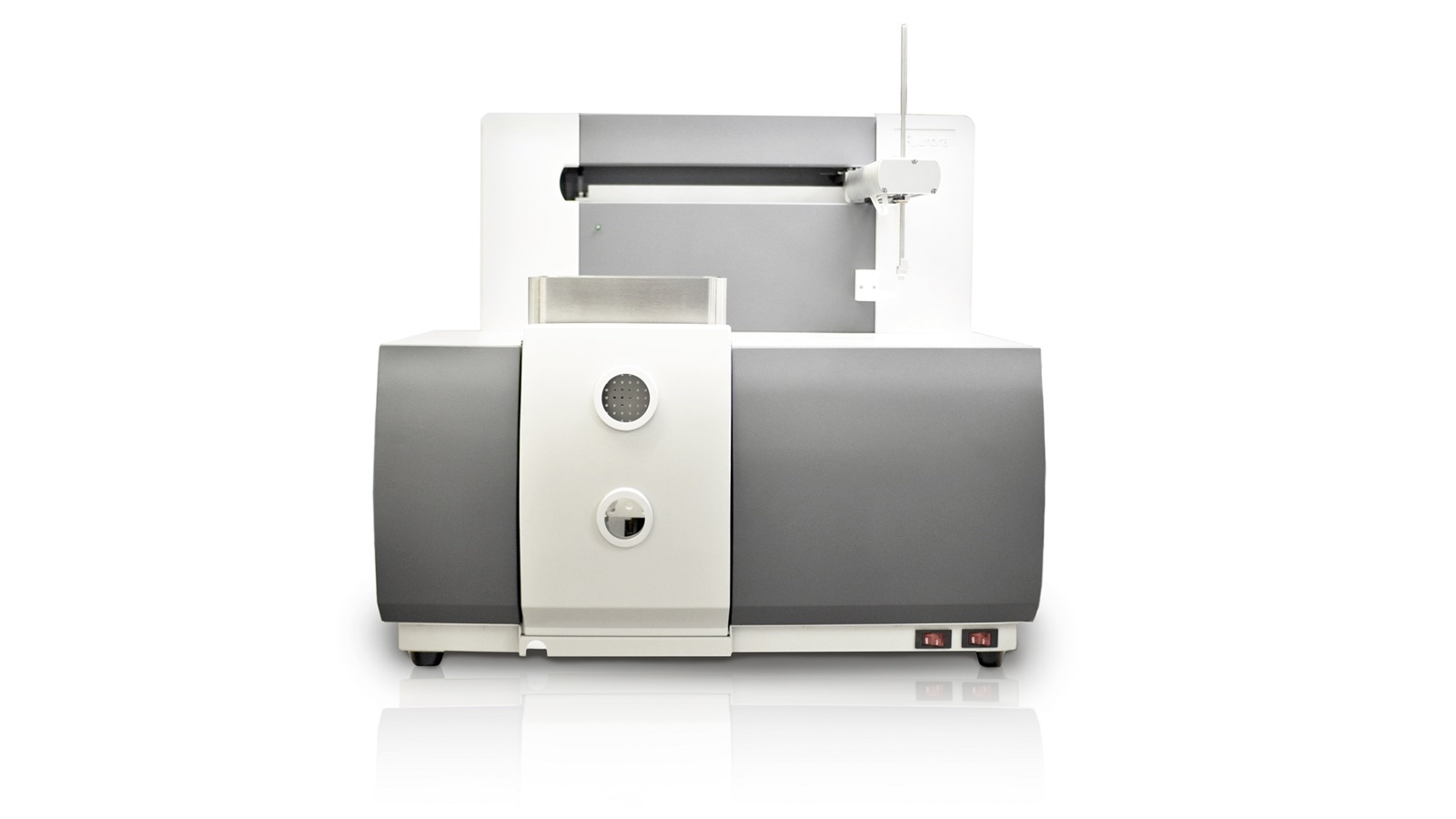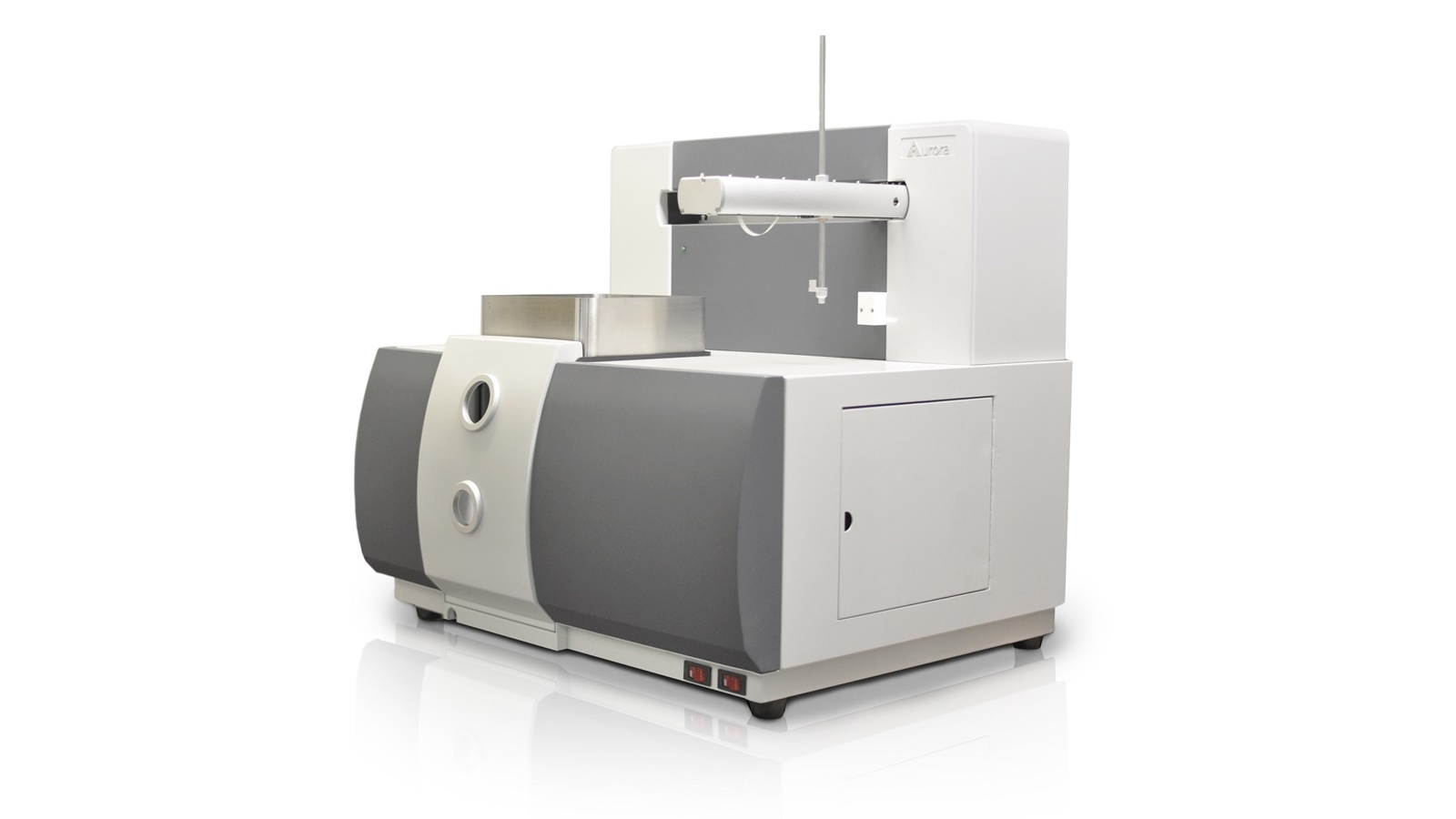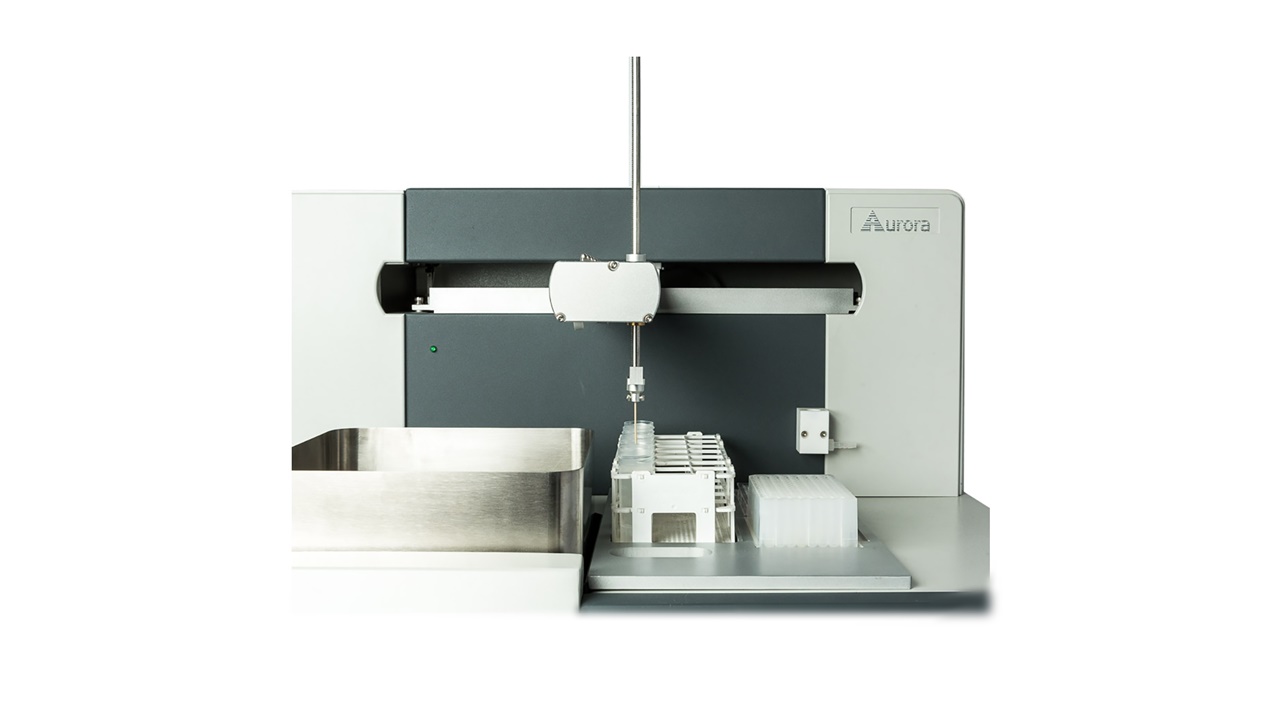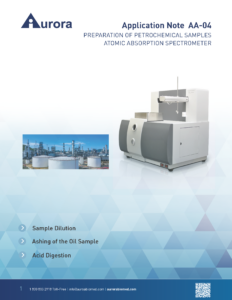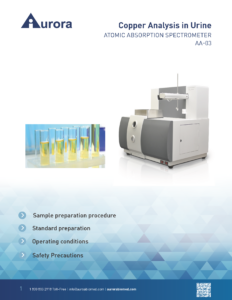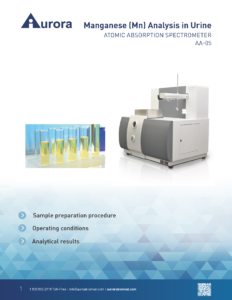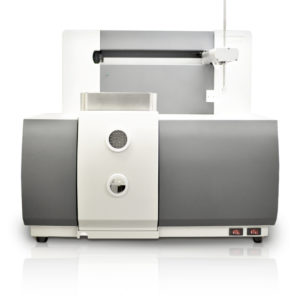
PRODUCT INFORMATION
The TRACE AI1200 Plus Atomic Absorption Spectrometer is a fast and accurate system for your AAS needs. With features such as the fast dry technology alongside an optional autosampler completely removing sample splatting, this system enables better detection whilst considerably shortening analysis time. Taking advantage of the multiple atomizer configuration allows for high-intensity analysis whilst providing the ultimate ease of use within multiple application sectors, such as environmental, agricultural, and clinical setting, as well as high throughput labs. The TRACE AI1200 Plus features 300mm focus length and Czerny-Turner 1800 line/mm grating optics; this, paired with both D2 and Smith-Hietftje background correction, gives rise to greater performance.
- Peak Performance: The 185-900 nm range of wavelengths provides the highest levels of accuracy and reproducibility with unmatched sensitivity.
- Automatic switch between atomizer layouts: Software-controlled atomizer configurations removes the need for manual intervention, giving you complete ease of use.
- Unparalleled background correction: Utilizing both the deuterium and Smith-Hieftje background correction yields a truly efficient and time reducing analysis. The 1000 Hz modulation frequency further enables accurate corrections.
- Quick and easy lamp upkeep: The lamps are easily accessible for simple adjustments and replacements, removing the need to completely disassemble the instrument.
- Unrestricted throughput: The optional autosampler is compatible with all types of labware on the market, giving you the confidence to stick with your tried and tested analysis procedures.
| System Configuration | F/GF, F/GF/VG |
| Optics | Czerny-Turner mounted with 1800 line/mm grating |
| Focus Length | Aberration corrected 300 mm Focus Length |
| Lamps | 8 Lamp Turret |
| GF Video | Optional GF Operation Monitor |
| Patented Micro Volume Flame Analysis | N/A |
| Autosampler | Optional Autosampler |
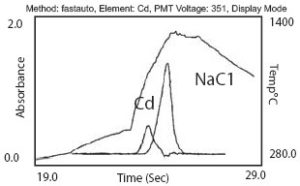
Background interferences: The TRACE Series comes
complete with the following background correction
techniques:
- Deuterium
- Smith-Hieftje
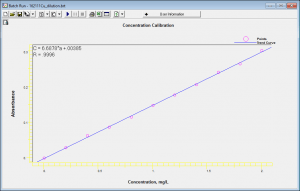
Online Dilution: This allows for the creation of calibration curves from standard solutions using the digital micro-piston pump. This dramatically decreases sample preparation times and potential contamination.
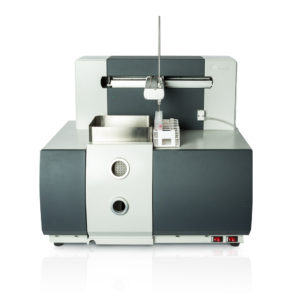
Autosampler: As one of most versatile autosamplers on the market, compatible with all types of third-party labware, you benefit from the complete comfort of being able to use nearly any size of vial or sample holder. Save staff time, reduce human error, and increase sample reproducibility.
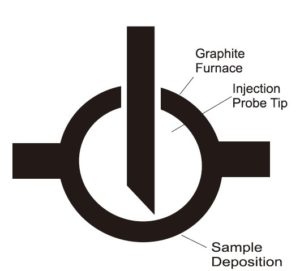
Fast Dry Technology: Coupled with the auto-sampler, this allows for a single-sample processing time of under 30 seconds. With further adjustments of preheating and cooling temperatures, as well as injection speeds, drying times are further decreased.
Independently Validated
Preparation of Petrochemical Samples for Atomic Absorption Spectrometer
Application Procedure for Analyzing Copper in Urine
Determination of Manganese in Urine with GF mode in AAS
For More Validations or Publications
What is the wave length range?
The AI 1200 atomic absorption spectrometer covers a wavelengths of 185 to 900 nm. All lines used in AAS fall into this wavelength range. (The highest analytical line used in AAS is 852.1 nm for Cs).
Is the bandwidth adjustable?
Yes. The AI 1200 atomic absorption spectrometer offers four different bandwidths; 0.2, 0.6, and 1.2 nm as well as a reduced height 0.6 band for GF operation. In AAS, sensitivity and linearity are improved by using narrower bandwidths. On the other hand, the selection of a bandwidth should also ensure that enough energy from the hollow cathode lamp passes through the optical system, thus achieving the highest possible signal-to-noise ratio. Because of the high performance of Aurora’s Hollow Cathode Lamps, a bandwidth of 0.2 nm can be used for the majority of AAS applications. The bandwidth of 1.2 nm is very rarely used.
What is the absorbance correction range?
A background absorption of up to 2.5 absorbance units with a changing rate of 10 absorbance units per second can be accurately corrected.
What type of graphite furnace is used?
The AI 1200 atomic absorption spectrometer uses transversely heated graphite tubes. The unique design results in an extremely uniform temperature distribution over the entire length of the tube (known as spatially isothermal atomization).
How many programmable heating steps can be used?
Heating programs of up to 30 steps can be achieved. Each step can be programmed separately.
What is typical sensitivity?
The typical sensitivity for mercury determination is 0.1-0.2 ng/ml at 1% absorption.
Is this system single beam or double beam?
The Trace series of atomic absorption spectrometers uses both true double beam and single beam optics. The operator chooses which one to use in the control software.
Can you export the data to excel?
Yes. The AISPEC software has an excel icon. When clicked, all the data created is exported directly into an excel file.
Are there any quality control features?
Yes. The Quality Control function permits easy deletion, re-runs, recalibration, over-range dilution, data transformation, and updating of results.
Does the system allow for multitasking?
Yes. The multi-tasking environment delivers real-time signal display, full data storage, and the ability to export to LIMS and Microsoft software including Word and Excel for customized reporting tables and extensive statistical handling.



